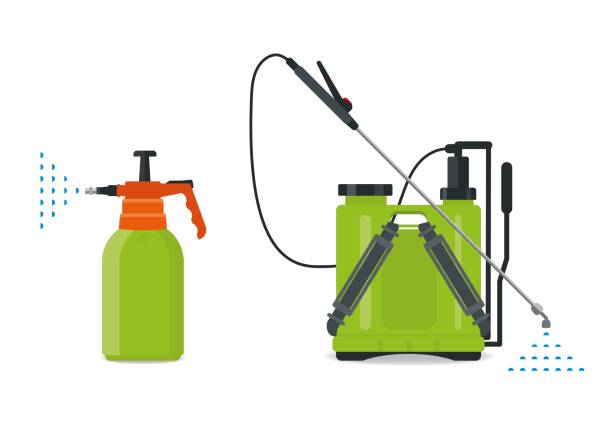Glyphosate Herbicide Ban Weed Killer Drawing, Glyphosate, the widely used herbicide and active ingredient in many popular weed killers, has become a topic of heated debate in recent years. Its effectiveness in agricultural and landscaping applications is undeniable, but concerns about its environmental and health impacts have led to calls for bans around the world. As these bans gain traction, the agricultural and gardening sectors are left to draw plans for alternatives that can fill the gap left by this controversial chemical.
Understanding Glyphosate’s Role in Weed Control
Since its introduction in the 1970s, glyphosate has been praised for its ability to effectively eliminate weeds without harming crops that have been genetically modified to resist it. Its ease of use and efficiency made it a cornerstone of modern farming, helping farmers maintain crop yields while reducing manual labor. In non-agricultural settings, glyphosate-based weed killers have been a go-to solution for homeowners and municipal landscapers looking for a reliable method to manage unwanted vegetation.
However, the herbicide has not been without controversy. Studies linking glyphosate to potential health risks, including cancer, have fueled public concern. Environmentalists have also raised alarms about its role in reducing biodiversity and contributing to the decline of pollinators like bees.
The Push for Glyphosate Bans
Countries and regions worldwide are drawing up regulations to limit or ban glyphosate use. In 2015, the World Health Organization’s International Agency for Research on Cancer classified glyphosate as “probably carcinogenic to humans.” This finding, along with lawsuits and advocacy from environmental groups, has spurred governments to act.
For example:
- European Union: Several EU member states, including Germany and Austria, have pledged to phase out glyphosate entirely. The EU as a whole continues to debate its reauthorization.
- United States: While glyphosate remains widely available, certain states and municipalities have restricted its use in public spaces.
- Latin America: Countries like Mexico have announced plans to phase out glyphosate, citing concerns over public health and sustainable farming practices.
These bans have prompted a search for alternatives to maintain weed control without compromising safety or efficiency.
Alternatives to Glyphosate
With glyphosate bans becoming more common, farmers and gardeners are exploring a mix of chemical, mechanical, and organic methods for weed management. Among these alternatives are:
- Organic herbicides: Derived from natural ingredients, these weed killers are safer for the environment but may be less effective and more expensive than glyphosate.
- Mechanical weeding: Traditional methods like hoeing and tilling can replace herbicides but require more labor and time.
- Crop rotation and cover crops: These sustainable farming practices help suppress weed growth naturally by improving soil health and biodiversity.
Drawing a Sustainable Future
The move away from glyphosate represents a significant shift in how we manage weeds in agriculture and landscaping. While the transition may be challenging, it offers an opportunity to invest in research and innovation for safer and more sustainable weed control methods. Farmers, scientists, and policymakers are working together to draw solutions that balance productivity with environmental and public health priorities.
As glyphosate bans continue to spread, they underscore the importance of rethinking our reliance on chemical weed killers. While the road ahead may be uncertain, the momentum behind these bans could pave the way for a greener, healthier future.
You Might Also Like These:



